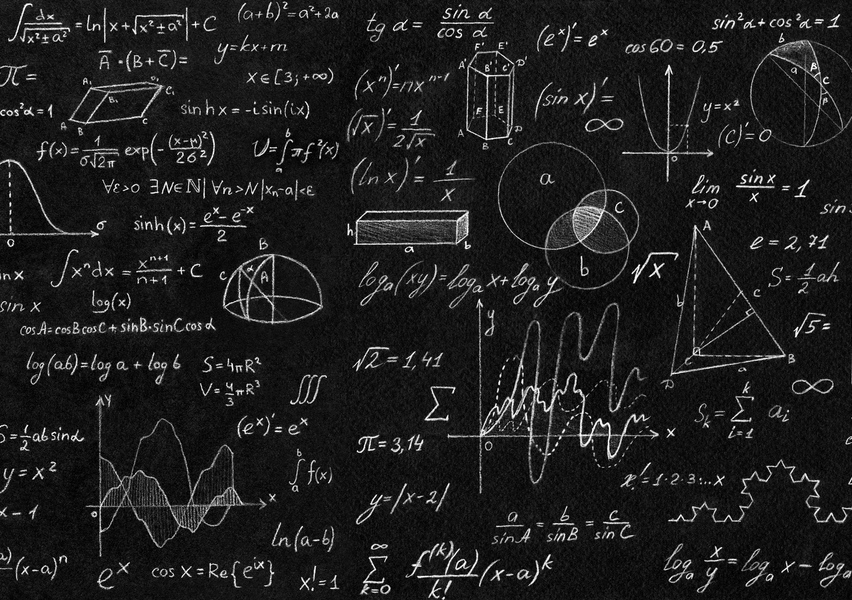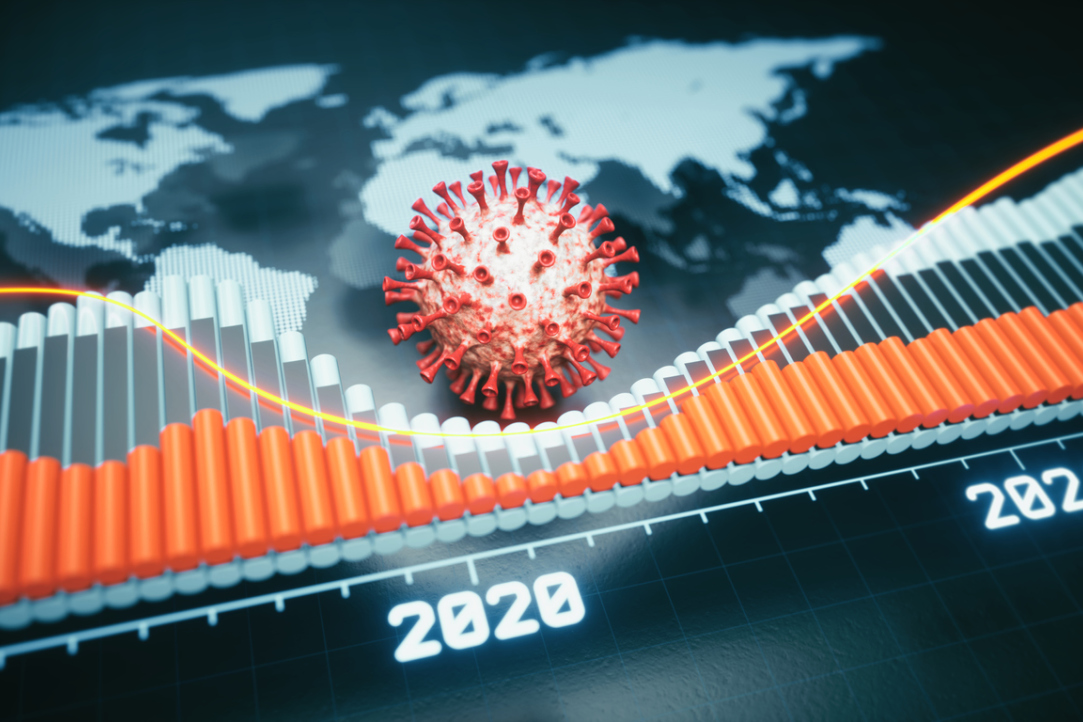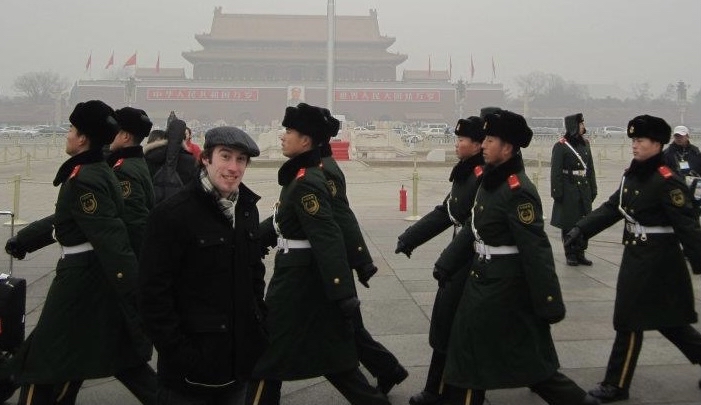
HSE University and Business Russia to Establish Bioeconomy Advisory Board
The decision to establish the Advisory Board was made during a meeting between the Investment Club of Business Russia (‘Delovaya Rossiya’, an all-Russia public organization), and the HSE University Faculty of Biology and Biotechnology, which launched a new Master’s Programme in Bioeconomics last year. The Advisory Board will include leading researchers, entrepreneurs, and investors working in the fields of biotechnology, environmental studies, and sustainable development. Sergey Nedoroslev, Business Russia Co-Chair, and Alexander Tonevitsky, Dean of the Faculty of Biology and Biotechnology at HSE University, will also serve as board members.

Europe to Face a Reverse Brain Drain: Up to 3.5 Million Highly Skilled Professionals Could Return Home
As the pandemic continues and working from home becomes the norm in some industries, professionals who once left to work in other countries are beginning to return home. Researchers from HSE University, the Catholic University of Louvain and the University of Lille have found out how strong this movement could be and what economic, social and political implications it might bring. The preprint of the study was published in the GLO Discussion Papers.

The Trauma of Chernobyl: Why Our Collective Memory of Disasters Tends to Fade with Time
This year marks the 35th anniversary of the Chernobyl disaster. The event recedes ever further into the past, but the legacy of the trauma it caused endures. That stress produced trauma, and the trauma became part of Russia’s collective memory. Sociologists Yulia Belova, Margarita Muravitskaya and Nadezhda Melnikova of HSE’s Institute for Applied Political Research and Laboratory for Studies in Economic Sociology researched what this means for people who lived in the radioactively contaminated zone around the reactor and why the collective memory of the accident might disappear.

2D:4D Ratio Is Not Related to Sex-Determined Finger Size Differences in Men And Women
The ratios between the lengths of the second and fourth fingers, known as the 2D:4D ratio, are different in males and females, which is often explained by levels of androgens and oestrogens. However, an alternative theory states that men have bigger body parts, including fingers, which impacts the 2D:4D ratio. A research team including HSE University scholars refuted this hypothesis by collecting data on finger length from 7,500 people. The results of the study were published in Scientific Reports.

Russian IT Freelancers Face Gender Discrimination
Olga Vilkova, a PhD student of the HSE University's Faculty of Social Sciences, has proved that IT engineers face inequality and discrimination on the Russian online freelance market—websites offering jobs for self-employed people. The researcher analyzed the data on professional success of 54,000 IT engineers registered on the major Russian freelancing platform FL.ru. The research is published in the Monitoring of Public Opinion: Economic and Social Changes Journal.

Why Men Take More Risks Than Women
Researchers from HSE University and Max Planck Institute for Human Cognitive and Brain Sciences have discovered how the theta rhythm of the brain and the gender differences in attitudes to risk are linked. In an article published in the journal Frontiers in Neuroscience, the researchers addressed which processes can be explained by knowing this connection.

‘A Good Thing about Mathematical Thinking Is That It Knocks Some Sense into Your Brain’
HSE University maintains active cooperation with the Academy of Science institutes, which open joint departments at the university and provide their best experts for teaching and research. HSE News Service talked to Deputy Directors of the RAS Steklov Mathematical Institute (MIRAS) — RAS member Lev Beklemishev andSergey Gorchinskiy — about the development of mathematics in the modern world, career opportunities for graduates in mathematics, and the specifics of researchers’ work with students.

HSE University Creates the Viral Genealogy Simulator to Model the Spread of COVID-19
Researchers of HSE Tikhonov Moscow Institute of Electronics and Mathematics (MIEM), in cooperation with their colleagues from the University of California, Santa Cruz (UCSC), and The European Bioinformatics Institute (EMBL-EBI), have developed software to model the spread of the COVID-19 global pandemic. This is the world’s fastest Viral Genealogy Simulator (VGsim). For more details about this scalable simulator, read the reprint on medRxiv. The code is freely available at GitHub.

Post-pandemic Rehabilitation. What Will Help Russia's Economy Recover?
The year 2020 was a period of economic hardship and significant change in a wide range of sectors for most countries. A team of authors from HSE University has explored how Russia will recover from this crisis and which industries will be affected by the economic recovery. Their study was published in the journal Voprosy ekonomiki.

Educational Inequality: Studying Country-Specific Solutions to a Global Problem
Educational inequality is a universal problem, but it manifests itself in different countries in different ways. Comparing the issue across different contexts is always interesting—even more so if the person doing the comparing has a diverse set of examples to draw upon. Adam Gemar earned his Bachelor’s and Master’s degrees in the US before earning his Doctoral degree at Durham University (UK). Now he is a Postdoctoral Fellow at HSE University’s Institute of Education, where he is studying educational inequality in Russia with the Centre for Cultural Sociology. In his interview, he spoke about his research, life in Moscow, and Russian winters.


Applications are submitted until August 17, 2025